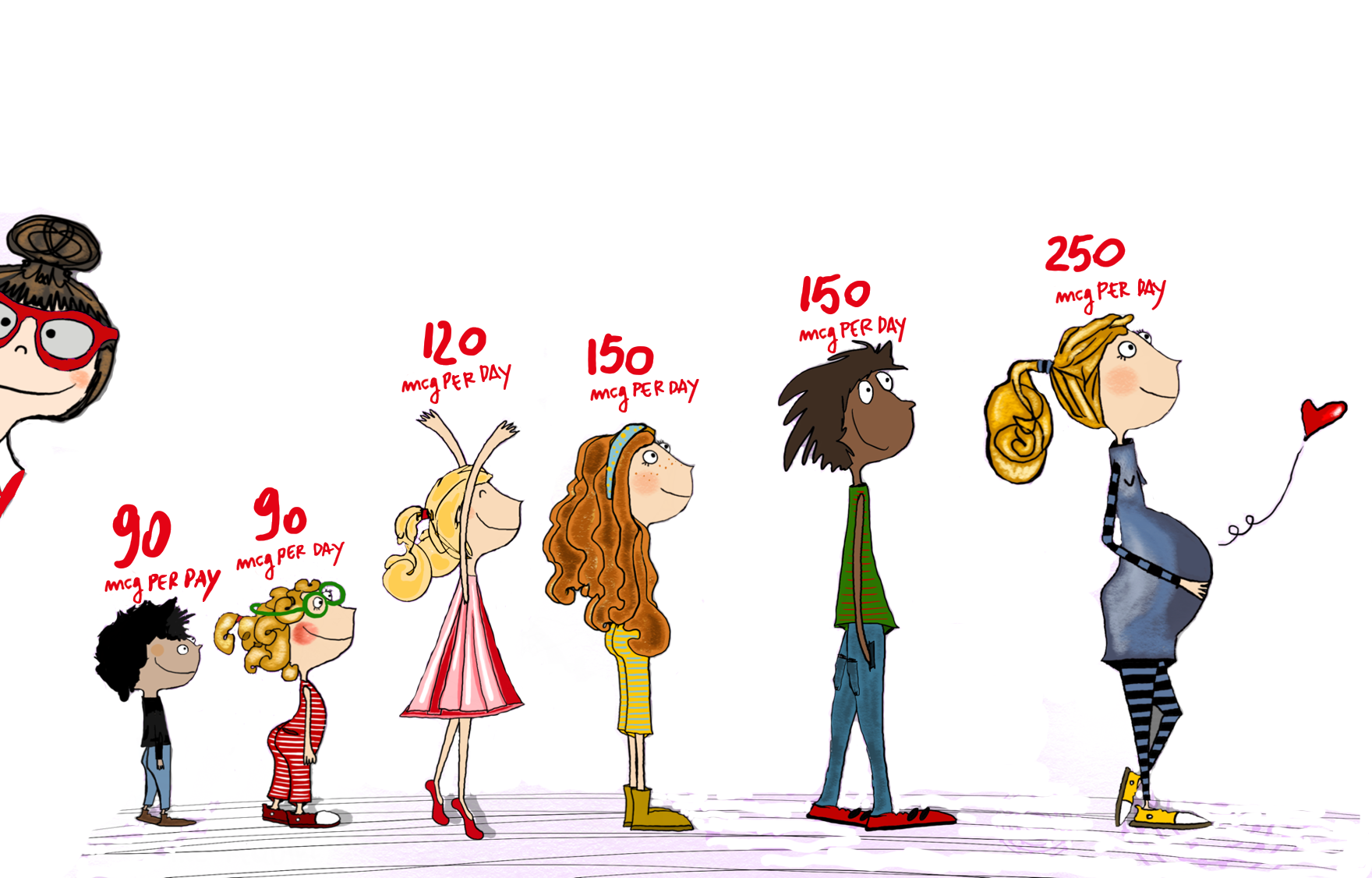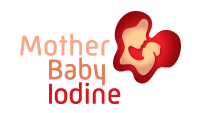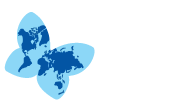MotherBabyIodine
Iodine for the first 1000 days

A child’s future health and ability to develop, learn, and thrive depends on good nutrition during the first 1,000 days of life, as well as in the early years of life. After the first 1,000 days, iodine is needed as it helps the thyroid gland produce hormones.
Iodine is an essential mineral that plays a key role in the body for a healthy life. It is important for the function of a healthy thyroid gland as it is needed for the production of thyroid hormones. Without sufficient iodine, the body might not work as it should, which is why it is crucial to ensure enough iodine intake. Iodine is important at all stages of life, but especially for children, women who plan to have a child, pregnant women, and breastfeeding mothers.
Iodine is needed before and during pregnancy, as well as during the lactation period to ensure the healthy development of the baby’s brain from conception until the first 1,000 days of life. With insufficient iodine, the growth of the baby may slow down, and the brain development of the baby might not take place in the right way. Even mild iodine deficiency can lead to a lower IQ in children.



- age 0-5 years: 90 micrograms (mcg)/day
- age 6-12 years: 120 mcg
- older than 12 years: 150 mcg
- pregnant and lactating women: 250 mcg
Worldwide, adequate daily iodine intake is important for women of childbearing age. Iodine deficiency can make it more difficult to get pregnant and might be a possible cause of miscarriage.
Because the brain development of the fetus begins a few days after conception, women who plan to get pregnant should make sure to have sufficient daily iodine intake.


Pregnant women need more iodine intake than other people because of increased maternal thyroid hormone synthesis and iodine transfer to the fetus. Adequate iodine nutrition is crucial for the growth and development of the fetus.
Not enough iodine during pregnancy may cause impaired thyroid hormone synthesis, which may increase the risk of impaired growth and brain development of the fetus.
Breastfeeding mothers need more iodine as breastfed infants rely on iodine from human milk. The mother’s iodine intake determines the iodine concentration in breast milk.
Therefore, breastfeeding mothers must ensure sufficient iodine intake during this period to meet both their children’s and their own iodine needs.
An adequate supply of iodine is essential for the optimal functioning of the thyroid gland in lactating women and babies.



